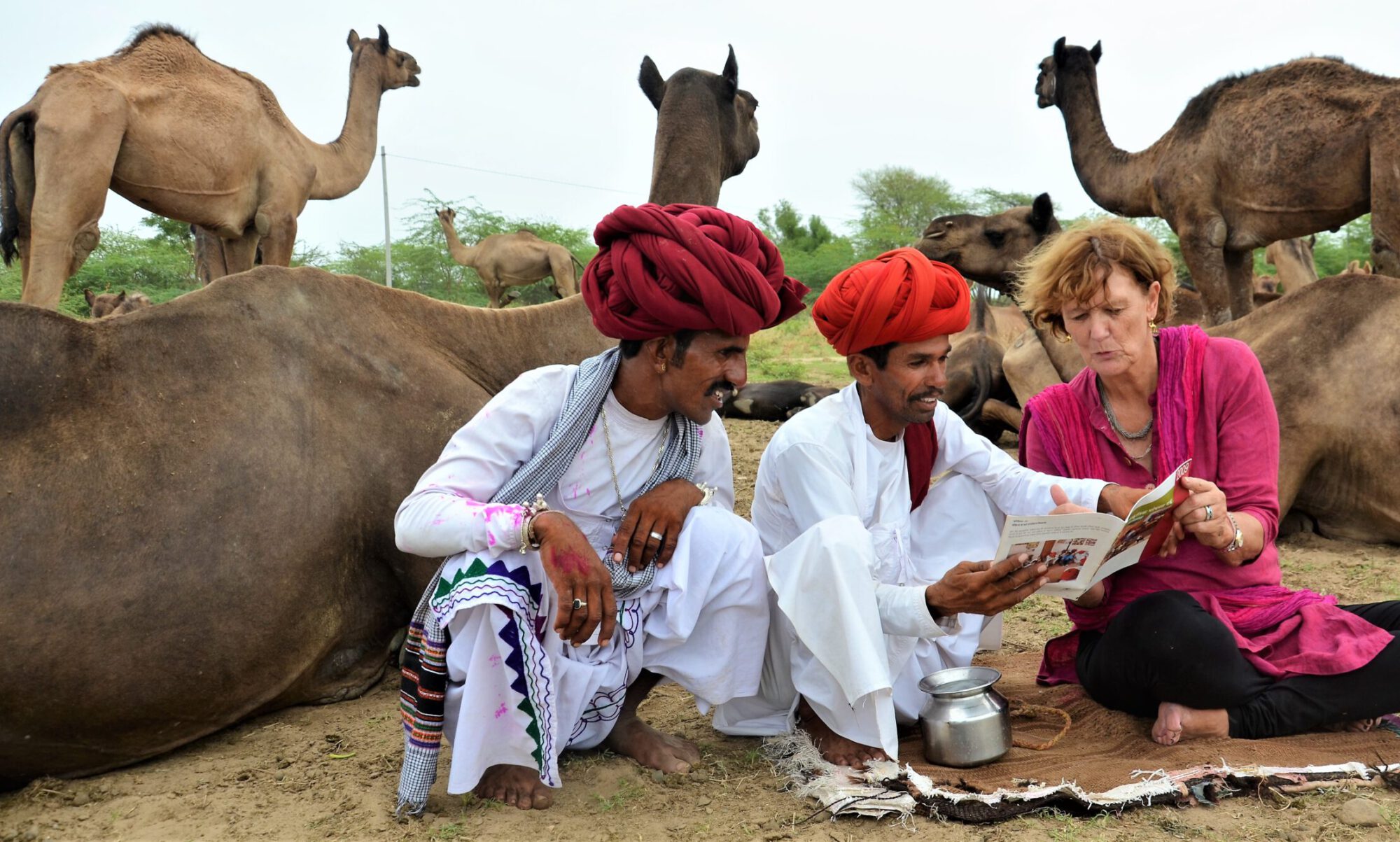There is nothing wrong with calls for more science and for science-based decision making. But the “production of knowledge, the access to this knowledge, and the capacity to challenge a particular intellectual formulation” (to paraphrase Vasant Saberwal in his book “Pastoral Politics“) are also very much a matter of power, so it is interesting to see what actors are chosen (or have chosen themselves) to participate in a newly announced effort to ” harmonize measurement of livestock’s environmental impacts“. It includes the European Feed Manufacturers’ Federation (FEFAC), the European Vegetable Oil and Proteinmeal Industry (FEDIOL), the International Dairy Federation (IDF), the International Meat Secretariat (IMS), the International Egg Commission (IEC) the International Poultry Council (IPC), the International Federation for Animal Health (IFAH), and the World Wildlife Fund (WWF). It is of course laudable that these stakeholders want to collaborate among each other and agree on a methodology for measuring environmental impacts. But shouldn’t some more disinterested or neutral agencies also be involved – for example some universities? And who will watch out for the interests of the small-scale livestock keepers – that produce animal food without much purchased input, either on natural vegetation or crop by-products ?

It is almost as if they have already stopped existing, although they still produce at least half of the world’s milk and meat. And they achieve this without much of the negative environmental impacts of their industrial counterparts, in fact they tend to have beneficial effects on local ecologies.
Another quote from Vasant Saberwal’s “Pastoral Politics”: “The incorporation of local knowledge into the management of resources, results in a de facto reduction in the power differential between the local community and the bureaucracy managing the resource. ” While the context to which Saberwal refers is slightly different, the principle applies just as well to all the global alliances and action agendas that seek to improve on the livestock sector’s rather horrid environmental impact and turn a blind eye to the small-scale livestock keepers that – by and large – produce meat and milk in tune with local resources and eco-systems. Enabling the small guys to have a voice and contribute their common sense and local knowledge would do much to put the livestock sector on a saner trajectory.

 Follow
Follow